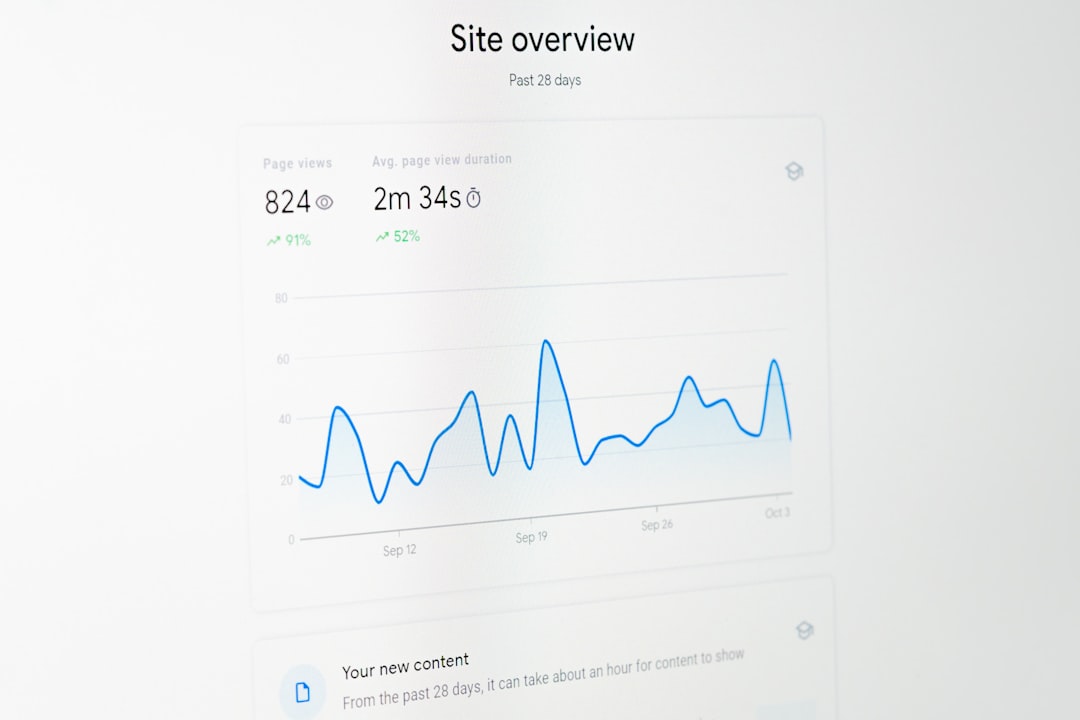The digital landscape is evolving at an unprecedented pace, and nowhere is this more evident than in the world of e-commerce. As online shopping becomes more ubiquitous, customer expectations continue to rise. Today, it’s not enough for retailers to simply offer products online — they must provide personalized, intuitive, and engaging experiences that anticipate and meet each customer’s needs. This is where AI-powered personalization is revolutionizing the future of e-commerce.
The Rise of Personalization in E-Commerce
Personalization has always played a role in retail. Think of the local corner shop where the owner remembers your name and favorite brand of cereal. In the digital era, businesses are trying to replicate — and surpass — that level of personalized service using cutting-edge technology. With artificial intelligence (AI) now at the forefront, personalization is no longer just a strategy — it’s an essential component of every successful e-commerce platform.
AI provides businesses with the ability to understand customer behavior in real-time and tailor their offerings accordingly. It goes far beyond simple product recommendations based on browsing history. From dynamic pricing and smart search results to personalized emails and voice assistants, AI is transforming how consumers interact with online stores.
How AI Powers Personalization
Artificial Intelligence brings a multitude of tools and functionalities to the table, enabling highly granular control over each stage of the customer journey. Key applications include:
- Recommendation Engines: AI models analyze customer data, such as past purchases, browsing habits, and demographic information, to suggest products that users are most likely to buy.
- Predictive Analysis: By forecasting future behavior, AI helps businesses manage inventory, plan marketing campaigns, and create tailored experiences months in advance.
- Natural Language Processing (NLP): Enables intelligent search that understands user intent, leading to better product discovery even when queries aren’t perfectly phrased.
- Chatbots and Virtual Assistants: Powered by AI, these digital helpers can provide personalized support and recommendations 24/7.
- Dynamic Content Delivery: AI adjusts webpage content in real-time, showing different images, headlines, or offers based on each visitor’s profile.

Benefits for Retailers and Consumers
The integration of AI-driven personalization in e-commerce offers significant advantages to both retailers and shoppers. For businesses, it unlocks improved customer satisfaction and retention, as well as increased revenue. For consumers, it means a more intuitive and enjoyable shopping experience.
For Retailers:
- Higher Conversion Rates: Personalized recommendations encourage users to complete purchases.
- Better Customer Insights: Real-time data analysis allows for more agile decision-making and market adaptation.
- Increased Customer Loyalty: When shoppers feel understood and valued, they are more likely to return.
For Consumers:
- Customized Shopping Journey: Every interaction — from emails to on-site search — feels tailored.
- Reduced Decision Fatigue: AI narrows down choices to the most relevant items.
- Smoother Navigation: Smart interfaces make it easier and faster to find exactly what they need.
Challenges to Consider
While the promise of AI-powered personalization is enticing, there are also challenges that businesses must address:
- Privacy Concerns: Collecting and processing personal data requires strict compliance with regulations like GDPR and CCPA.
- Algorithm Transparency: There’s a risk of “black box” decision-making where neither the retailer nor the customer understands why certain suggestions were made.
- Technology Integration: Implementing AI solutions requires investment in infrastructure and skilled personnel, which may pose a barrier for smaller enterprises.
Despite these challenges, ongoing advances in AI ethics, model explainability, and user consent mechanisms are helping bridge these gaps and build trust in personalized systems.
Emerging Trends in AI-Driven E-Commerce
As technologies mature and consumer expectations evolve, several trends are shaping the next generation of AI-empowered e-commerce experiences:
1. Hyper-Personalization
Hyper-personalization takes conventional customization several steps further by leveraging behavioral and real-time data to offer dynamic, one-to-one experiences. For example, promotions customized to mood or even time of day are becoming more common.
2. Voice-Based Shopping Experiences
Voice assistants like Alexa, Siri, and Google Assistant are becoming key tools for shopping. AI enables these interfaces to learn from user commands and provide increasingly relevant answers and product suggestions. Imagine reordering your favorite snacks or discovering new outfit ideas — all through voice.

3. Visual Search Technology
AI is making visual search a powerful tool in e-commerce. Platforms now allow users to upload images and find similar products using computer vision algorithms, reducing the need to describe items with text-based queries.
4. Zero-Click Personalization
This futuristic approach involves anticipating customer needs even before they ask. Based on contextual clues and browsing behavior, businesses can deliver incredibly relevant content automatically — as if reading the customer’s mind.
5. AI-Driven A/B Testing
Instead of manual testing, AI enables automated and continuous optimization of web elements. It dynamically tests multiple variations and instantly adapts based on what works best for each segment of users.
The Role of Big Data in Personalization
At the heart of AI-powered personalization lies data — massive volumes of it. Big data analytics provides the raw material from which AI learns and predicts. Data is collected from a variety of sources:
- Website behavior (clicks, scrolls, time on page)
- Purchase history
- Social media interactions
- Geo-location and device type
- User-generated content and reviews
The right balance of data quality, quantity, and ethical governance empowers AI to deliver personalized experiences with precision without compromising security or privacy.
Case Studies: Success Through Personalization
Major players in the e-commerce ecosystem are already leveraging AI to transform how they engage with customers:
- Amazon: Uses deep learning algorithms for everything from product recommendations to supply chain management — a major factor in its global dominance.
- Netflix: While not a traditional commerce platform, its recommendation engine showcases the power of AI in maintaining user satisfaction and minimizing churn.
- Shopify Retailers: Small businesses using Shopify plugins now have access to AI personalization tools that rival major brands, leveling the playing field.
Preparing for the Future
As personalization advances, businesses must adopt a proactive mindset. Here are some strategic tips:
- Invest in AI Technology: Choose platforms with integrated personalization capabilities, such as AI-driven CRMs and analytics tools.
- Focus on Customer Data: Develop robust data collection and storage protocols focused on transparency and user consent.
- Test and Iterate: Use data-driven insights and feedback loops to fine-tune personalization strategies continuously.
- Train Your Team: Equip staff with the knowledge needed to interpret AI insights and create personalized marketing efforts.
Conclusion
E-commerce is undergoing a transformative shift, propelled by the rise of AI-driven personalization. What was once a novel gimmick is now a competitive imperative. Businesses that embrace AI’s potential to create tailored, user-centric experiences will not only survive but thrive in this new digital era.
As technology continues to blend intelligence with commerce, the line between online store and personal shopping assistant will continue to blur. The retailers of tomorrow will be those who make each customer feel uniquely understood, valued, and catered to — every step of the journey.

